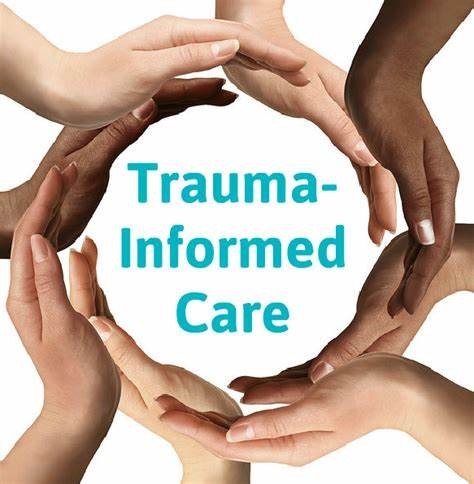Trauma Informed Care

Trauma Informed Care is an approach that acknowledges the impact of trauma on individuals. It focuses on understanding and responding to trauma, emphasizing safety, empowerment, and positive outcomes in service delivery.
Last month Dr. Gwenda Willis ran a training session on Trauma Informed Care (TIC) for our Clinicians. Gwenda is a Registered Clinical Psychologist and Associate Professor of Clinical Psychology at the University of Auckland. Her research and clinical work focus on strengths-based approaches to psychological assessment and treatment, trauma-informed care and sexual abuse prevention.
Utilising a trauma-informed approach will empower our clinicians to adopt a collaborative and dynamic process-oriented approach that uses the therapeutic encounter as a corrective emotional experience, ultimately leading to more effective treatment.
There are a number of benefits to using a trauma-informed approach. Many clients with trauma have difficulty maintaining healthy, open relationships with a health care provider. For clients, trauma-informed care offers the opportunity to engage more fully in their health care, develop a trusting relationship with their clinician, and improve long-term health outcomes.
“I believe that our relationships with clients can be incredibly healing, and that effective interventions start with a human connection. Trauma-informed care is the consolidation of knowledge, skills, and empathy for clients that has the power to change lives.” — Jill Levenson (Transforming Treatment for People Who Have Sexually Abused by Jill Levenson, Gwenda Willis & David Prescott)
